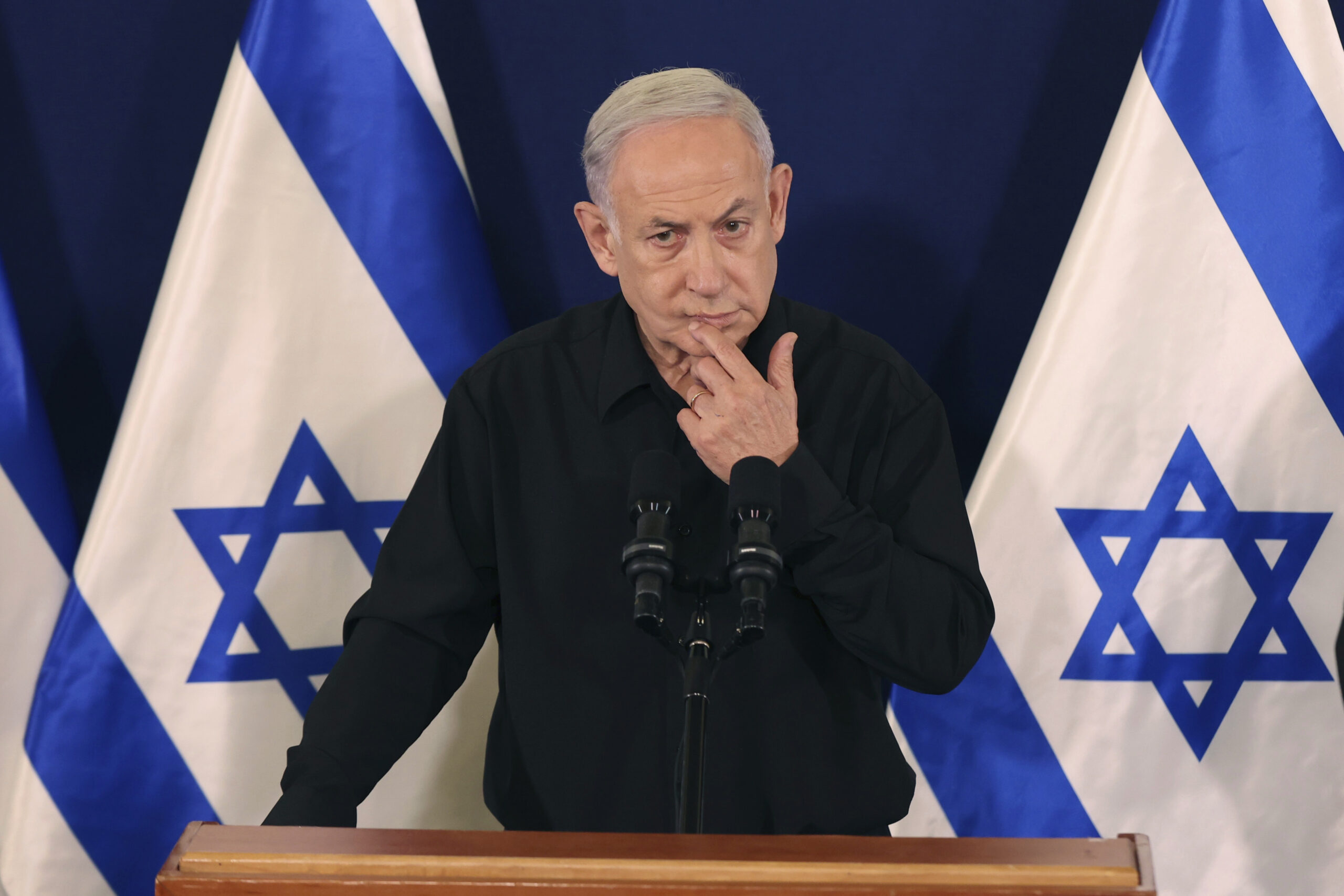Prime Minister Benjamin Netanyahu has unveiled a strategic vision for Gaza’s governance following the conflict with Hamas, focusing on the appointment of “local officials” with no ties to terrorism to take over administrative roles instead of Hamas. This proposal was formally presented to the security cabinet on Thursday night in a concise, one-page document.
Netanyahu has been cautious about discussing the “day after” plans in the security cabinet, concerned about potential divisions within his primarily right-wing coalition. Some ministers have been pushing for the re-establishment of Israeli settlements in Gaza and for Israel to maintain permanent control, propositions Netanyahu has opposed, citing the risk of losing Western support.
The proposed management plan does not explicitly mention the Palestinian Authority or exclude its participation in Gaza’s future governance. Instead, it suggests that civil affairs will be managed by local officials with the necessary administrative experience and no links to terrorist-supporting countries or entities. This language excludes groups funded by Qatar and Iran, like Hamas, and possibly the PA, due to its welfare program supporting convicted terrorists and their families.
According to a statement from Netanyahu’s office, the principles are widely accepted by the public and will form the basis for detailed discussions on Gaza’s management post-conflict. Key points include the continuation of military operations until Hamas and Islamic Jihad’s military and governance infrastructures are destroyed, and security threats from Gaza are neutralized.
The document also details plans for a security buffer zone along Gaza’s border, control measures to prevent smuggling from Egypt, and a “southern closure” of the Gaza-Egypt border with international cooperation. It also outlines the long-term goal of Gaza’s complete demilitarization and the introduction of a de-radicalization program across Gaza’s religious, educational, and welfare institutions, with support from experienced Arab countries.
Critics and analysts have expressed skepticism about the feasibility of appointing unaffiliated Palestinian leaders, drawing parallels with failed efforts in Iraq. There’s a push from the international community for the PA to eventually govern Gaza, pending necessary reforms.
Netanyahu’s principles also call for the replacement of UNRWA with other international aid organizations, citing UNRWA staff’s alleged involvement in the October 7 attack. However, the immediate dissolution of UNRWA is opposed due to the potential humanitarian crisis it could trigger.
The plan emphasizes that any reconstruction and rehabilitation of Gaza will depend on the completion of its demilitarization and the de-radicalization process, with funding from Israel-approved countries, and reaffirms Israel’s stance against international dictates on a permanent settlement with the Palestinians and opposes the unilateral recognition of a Palestinian state, viewing it as rewarding terrorism.
The Palestinian Authority slammed Netanyahu’s vision, saying that it is “a plan to prolong the genocide against our people and an attempt to gain more time to implement the displacement plans.”
(YWN World Headquarters – NYC)












2 Responses
Many different people have many different plans for how Gaza should be governed after the war, but all of those many different plans have one thing in common:
They all plan for Gaza to be 100% Judenrein or 100% free of Jews.
Even Prime Minister Benjamin Netanyahu’s strategic vision for Gaza’s governance describes a Gaza that is 100% Judenrein or 100% free of Jews.
Wouldn’t it make more sense for Israel to declare complete sovereignty over Gaza, Judea and Samaria. Let those who don’t like the idea go to Jordan or Egypt.